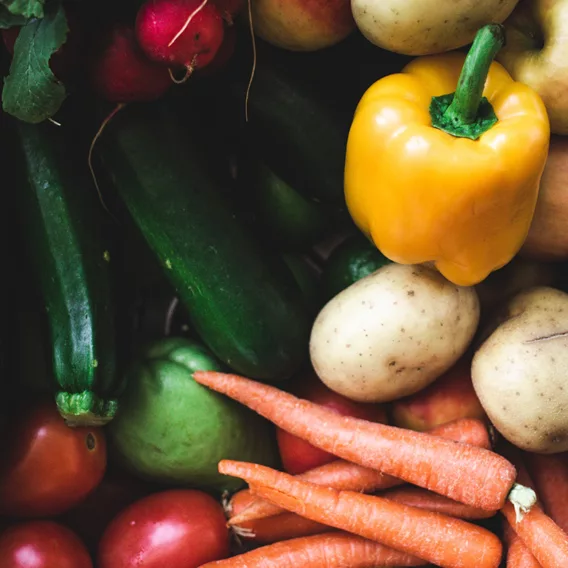
Quality Meats and Seafood
The Co-op Meat and Seafood department offers a broad selection, including grass fed, free range, and organic meats. For our fellow locals seeking the freshest and finest, we take pride in offering a diverse array of options that showcase the best our community has to offer.
We carefully select our suppliers to ensure the highest quality possible. Our knowledgeable team not only provides assistance in selecting premium meats and seafood but also shares valuable local insights, cooking tips, and recommendations that reflect the unique flavors of our Whatcom County community and beyond.
We know fresh seafood is a staple of Bellingham. At the Community Food Co-op, we’re more than just a meat and fish department – we’re your go-to spot for connecting with local producers and supporting the vibrant food scene in our community.
We also make a variety of spice rubs and marinades, with new options offered regularly. Come try our house-made Carne Asada!

Meat and Seafood Sales
Don’t miss out on our weekly Fresh Deals, featuring select local meats and seafood at discounted prices. Take a look at our current specials!




